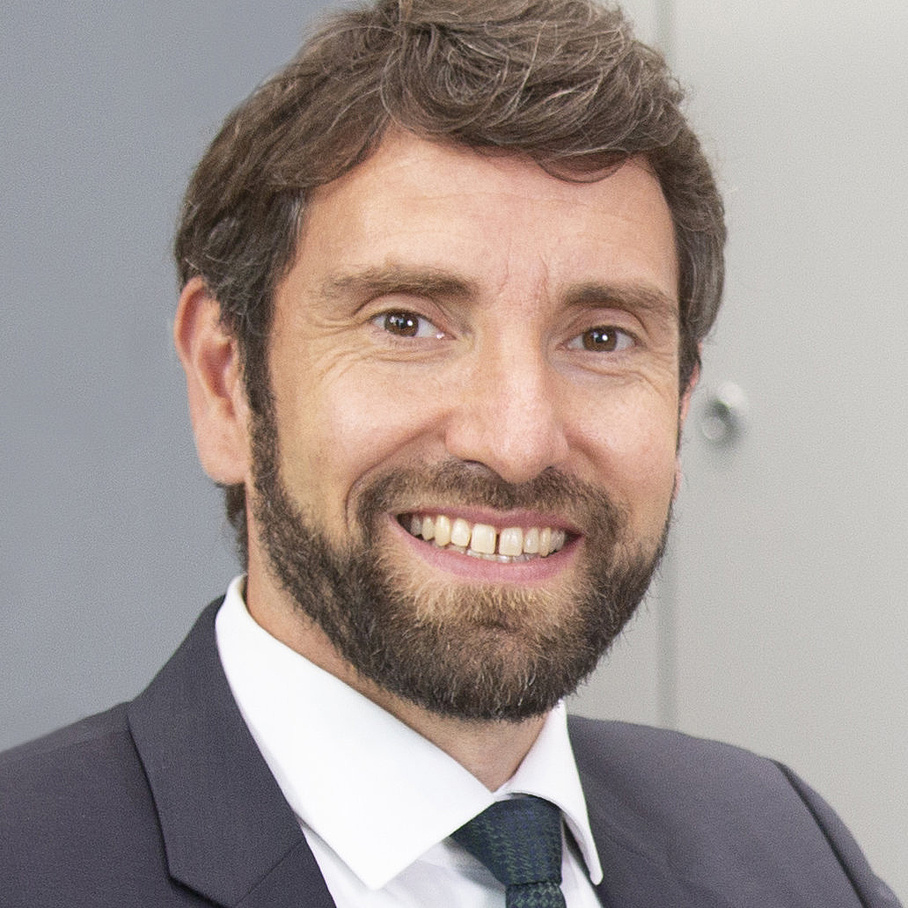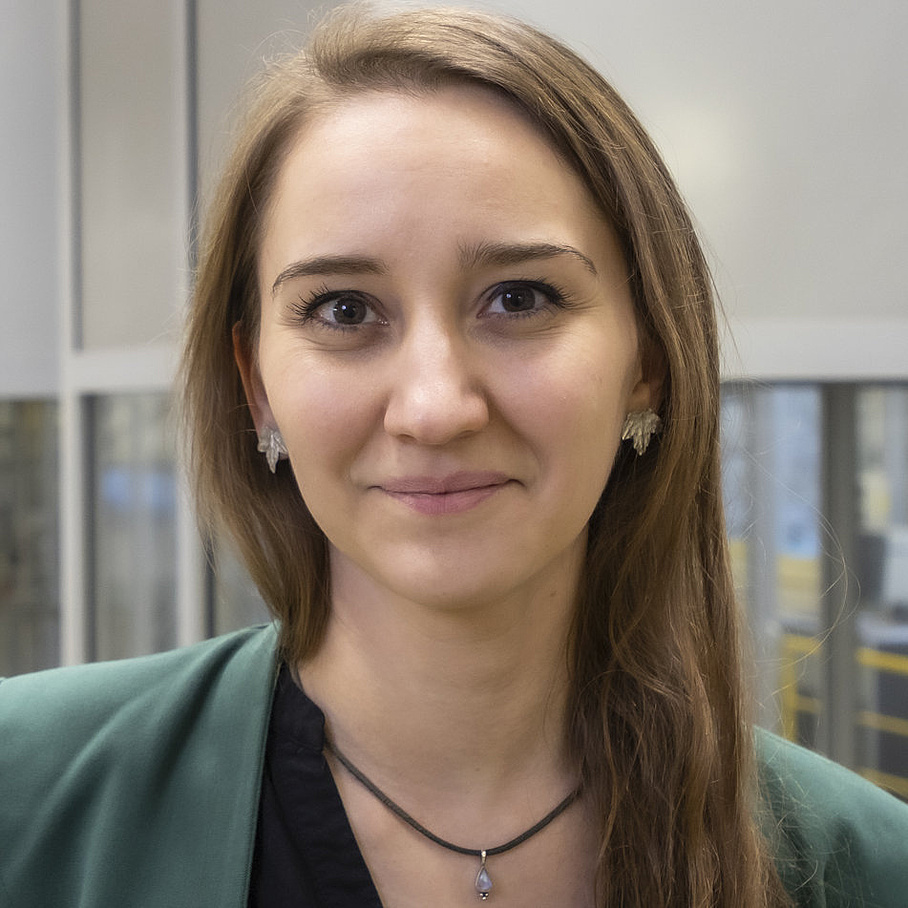
Matthias Weigold
Since 2019, Matthias Weigold has been the head of the Institute for Production Management, Technology and Machine Tools at Darmstadt University of Technology, a strategic partner university of TU Graz. After graduating with a degree in general mechanical engineering, he earned his doctorate from Darmstadt University of Technology on the subject of “compensation for tool deflection during machining with industrial robots.” He worked at Heidelberger Druckmaschinen AG on tool technology, production planning, prototyping and series production, equipment design and automation technology, engineering and innovation management before ultimately returning to his alma mater.
Saving energy and resources with data: how to make environmentally friendly production work
Not for the first time, the world of production is going through a sea change. Digitalisation and sustainable forms of production are posing major challenges for companies. Which raises the question: how can we make future-proof production work?
One possible solution is the building of data rooms and data ecosystems. Comprehensive and, above all, ongoing data acquisition allows for an in-depth analysis of existing structures, thus revealing potentialities for optimisation from which energy-efficient and flexible production can succeed. Especially during times of rising energy and raw material costs, this can be a key success factor for businesses.
At the ETA Factory (the research laboratory for the research group Energy Technologies and Applications in Production at Darmstadt University of Technology), exemplary implementation and research are conducted into the ways in which gains in efficiency can be achieved and resources conserved by utilising complete digital networking of all production steps and machine learning technologies.
In his keynote lecture, Matthias Weigold will speak to how the combination of digitisation and sustainability can lead manufacturing companies into a sustainable and successful future.

Merit Bodner
Merit Bodner is an assistant professor at the Institute of Chemical Engineering and Environmental Technology and is on the tenure track in the TU Graz Field of Expertise Mobility & Production. She has been working in the field of fuel cell and hydrogen technology since 2011, focusing primarily on the aging of components and new, environmentally friendly materials. She completed her studies in technical chemistry at TU Graz in 2013 and received her doctorate in 2017, also at TU Graz. Additionally, she worked at Danish Power Systems in Denmark and at Nedstack Fuel Cells Technology in the Netherlands as a senior scientist.
Green all over: research into fully green energy storage facilities
Decarbonisation and the need for efficient energy use are forcing industry to step up to the plate. Renewable hydrogen could drive forward the decarbonisation process, and cause a disconnect as regards when and where energy is generated and consumed. Fuel cells and electrolysers are widely regarded as the prime candidates as THE energy converters of the future. In times of surplus, they can use green electricity to generate hydrogen and convert it back into electricity when needed.
So far, so sustainable: the production of fuel cells and electrolysers, however, also requires materials that are harmful to the environment. One example would be perfluor-based substances such as Teflon. So long as no harmless alternatives exist, laws and regulations to mitigate the use of these questionable substances will not be implemented. At the Institute of Chemical Engineering and Environmental Technology, Merit Bodner is researching how to turn every aspect of green technologies holistically green. In her keynote lecture, she gives insights into her latest findings.
